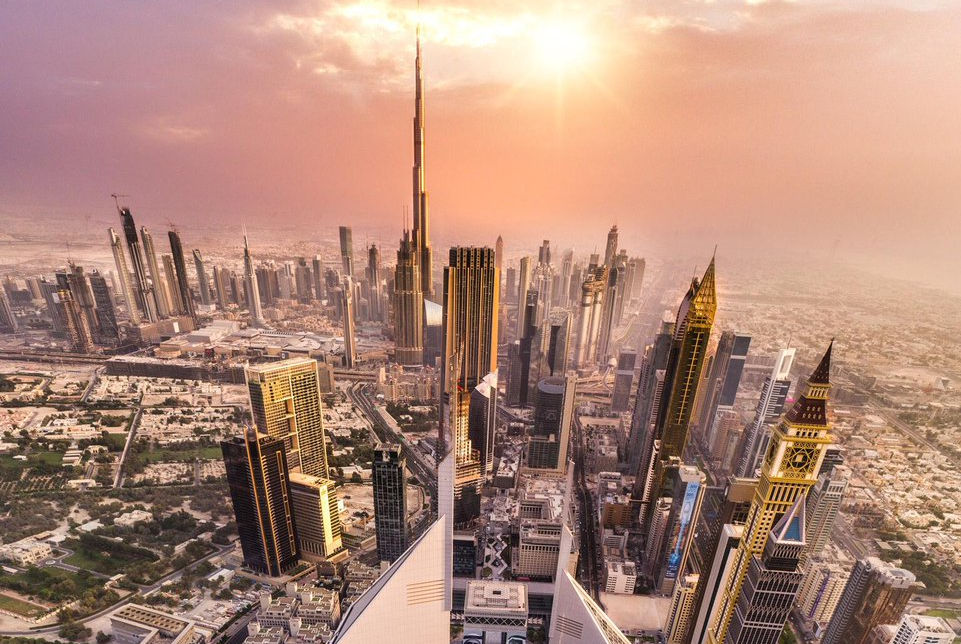
The Dubai real estate market is a dynamic and ever-evolving landscape. The question on many minds is: When will the real estate market stabilize? This inquiry prompts us to consider not only the current state of the market but also the factors that influence its future trajectory. In this article, we will explore different perspectives on the market's future, including economic factors, government initiatives, and general opinions.
Insights on Market Stability
The stability of the real estate market is influenced by various factors, including raw material costs, energy prices, and labor costs. Looking back a decade, these costs were notably lower, suggesting that property prices may not return to the levels seen ten years ago. Developers face higher expenses today, which inevitably impacts property values. This reality underscores the idea that properties, especially high-value ones like those in the Burj Khalifa, have intrinsic residual values tied to their construction and material costs, preventing them from depreciating to zero.
A key consideration is that real estate, unlike stocks or shares, has a residual value due to the cost of construction materials, labor, and land. Properties are unlikely to see significant declines in value as long as these underlying costs remain high. Moreover, properties in areas with limited development potential—where no further building is possible—may experience more substantial appreciation over time.
Current Market Trends
In the current market, prices are anticipated to rise due to high demand and the UAE's ambitious goals for 2030 and beyond. The market is expected to stabilize after this rise, but predicting exact timings remains challenging. The demand for properties is robust, and those who waited for prices to drop during the COVID-19 pandemic missed significant opportunities. Investing in property now and holding onto it for the long term appears to be a prudent strategy.
The next few years will see significant development across Dubai, with new units expected to enter the market between late 2026 and 2028. This influx may cause a temporary correction in the market. However, for long-term investors, Dubai remains a prime location, with continuous city-wide transformations positively influencing property values.
Government Initiatives
The UAE government is actively working to attract more investors to Dubai. These efforts include:
- Vision 2030 and Beyond: Dubai’s Vision 2030 reflects its commitment to excellence and innovation. With a focus on technology, sustainability, economic diversification, and quality of life, Dubai aims to set global benchmarks and become a leading city by 2030, ensuring a prosperous and sustainable future for all.
- Regulatory Reforms: Recent changes in property laws and regulations are designed to protect investors and enhance market transparency, making Dubai a more attractive destination for foreign investment.
- Incentives for Investors: The government offers various incentives, including tax benefits and residency golden visa options, to encourage both local and international investors to participate in the Dubai property market.
- Advanced Infrastructure and Development: Significant investments in infrastructure and public transportation and amenities are continually improving the city’s appeal and supporting property value growth.
Conclusion
Predicting the exact moment when the real estate market will stabilize is complex. However, current trends suggest that while property prices are likely to increase, stabilization will follow in the near future. The Dubai real estate market offers considerable opportunities for investors, especially those looking at long-term gains. With ongoing government support and strategic developments, now may be the right time to invest and benefit from Dubai’s growing market potential.
For more insights, visit Dubai Property Prices Per Sqft.